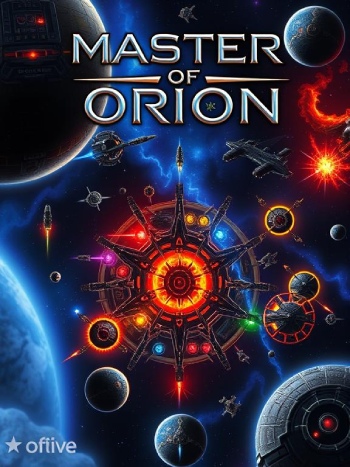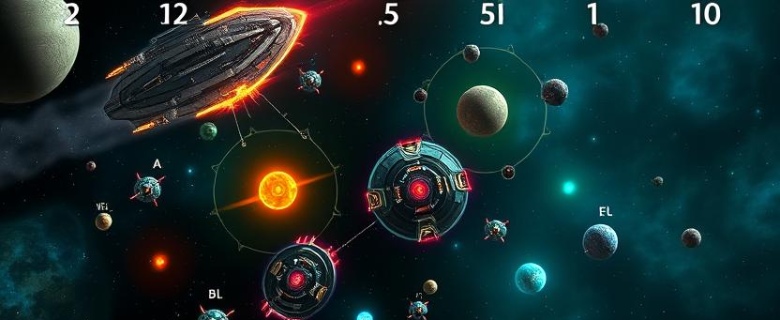I've played a lot of 4X games over the years, some forgettable, some addictive. But Master of Orion? That's the one I keep coming back to. Not because it's perfect, but because it still does a few things better than most games in its genre, even now. Whether you're trying out the 2016 reboot or digging into the DOS-era original, there's something compelling about building your own galactic empire from scratch.
But is it worth your time? Here's my take.

The first thing that struck me when replaying Master of Orion was how stripped-back, but focused, it feels compared to modern 4X games. You don't have layers of diplomacy mechanics, endless event pop-ups, or loyalty systems for every colony governor. You get colonies, fleets, research, and war. That's it. And in some ways, that's exactly what makes it work.
Back in the day, I used to run marathon sessions with the original game, tweaking ship loadouts, racing the AI to the best star systems, and praying I'd find a Terran world just within range. The 2016 version recreates a lot of updated visuals, voice acting, and quality-of-life features, but it keeps the core experience intact. It still feels like Master of Orion, just cleaner and more accessible.
Master of Orion stands out because it keeps you focused on smart planning without overwhelming you with complexity. From managing colonies to customizing your race and battling in space, it strikes a satisfying balance between strategy and challenge. It's simple to get into but offers plenty of depth once you dive in.
Every decision in Master of Orion matters. Do you invest in planetary growth now, or speed up weapons research in case the Alkari turn hostile? That kind of constant second-guessing creates real tension. I never felt like I was just clicking "Next Turn" to wait for something to happen. There's a constant tug-of-war between exploration, expansion, and defense.
The race customization is still fun. Want to make a hyper-intelligent, production-focused species with poor diplomacy? Go for it. I've had games where I made glass-cannon empires that won through overwhelming tech, and others where I turtled hard and built an economic machine. And while the tactical battles are simple compared to today's standards, they're still satisfying, especially when your tiny fleet somehow outmaneuvers a much larger force.
That said, not everything has aged well.
The 2016 version tries to modernize without fully overhauling the old structure, which leads to some awkwardness. The UI isn't bad, but it's clunky in places. And while the voice acting from names like Mark Hamill and Michael Dorn is a fun addition, the scripted AI diplomacy can feel repetitive and shallow after a few playthroughs.
Also, let's be honest: there are other games now - Stellaris, Endless Space, Galactic Civilizations that offer more complex simulations of interstellar politics and exploration. If you're looking for deep emergent storytelling or late-game surprises, Master of Orion might feel a bit flat by comparison.

That depends on what you're looking for. If you're new to 4X games and want something approachable, Master of Orion (2016) is a great place to start. It teaches core mechanics without overwhelming you, and the pacing is tight enough to avoid the slog that can set in with bigger titles.
If you're a strategy veteran, you might find the systems a bit too simple. But I'd still say it's worth playing, maybe not for dozens of hours, but enough to enjoy the nostalgia and appreciate how tightly it all fits together. For me, it's a comfort game. Something I boot up when I want to tinker with tech trees, manage planets, and see if I can win a galactic war without firing the first shot.
Master of Orion isn't the flashiest or the deepest space 4X game out there, but it's still one of the most playable. It respects your time, gives you control, and doesn't drown you in complexity for the sake of it. In a way, that makes it timeless.
If you're in the mood for something old-school, structured, and oddly relaxing, give it a go. It might surprise you how well it holds up.